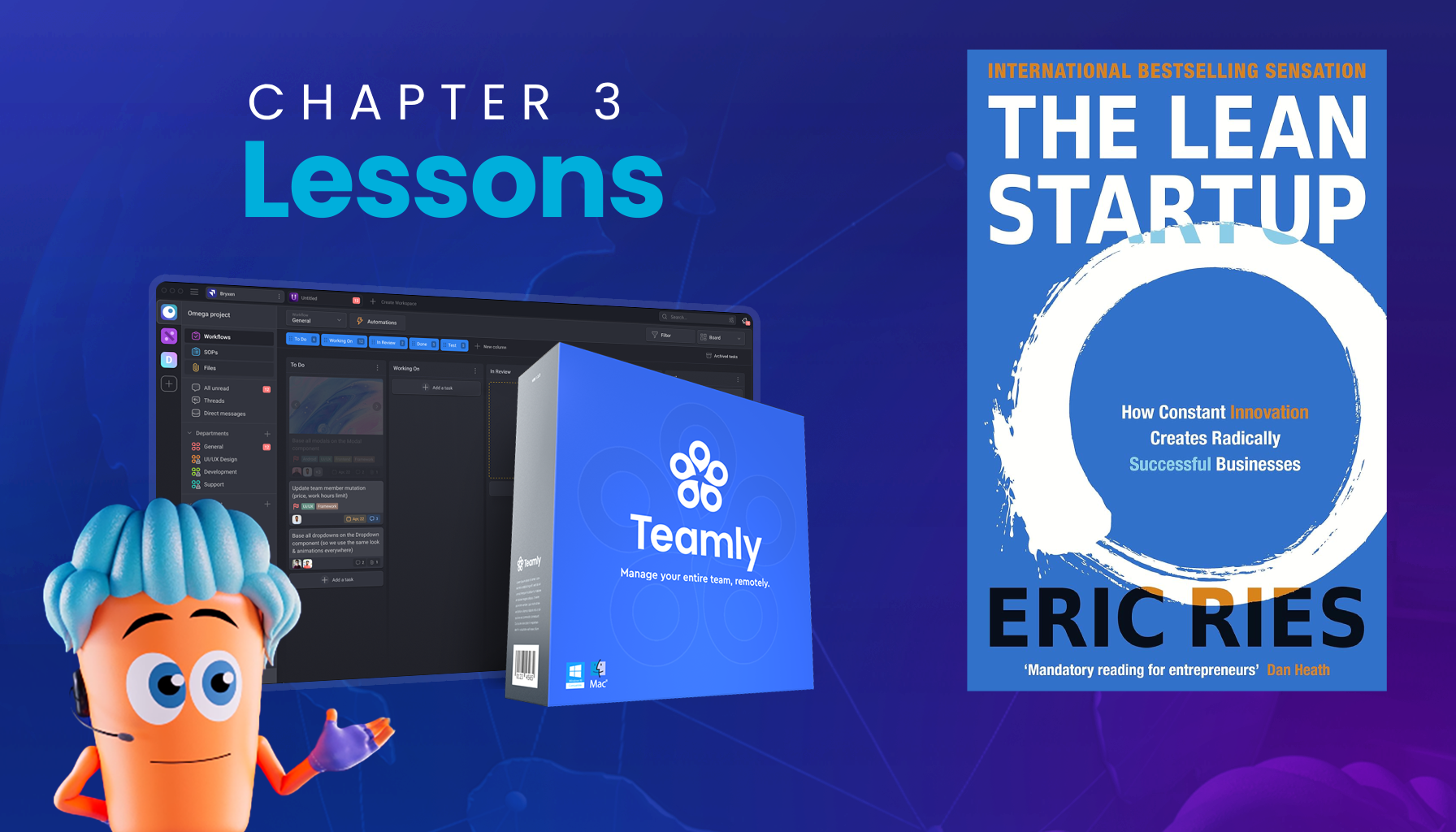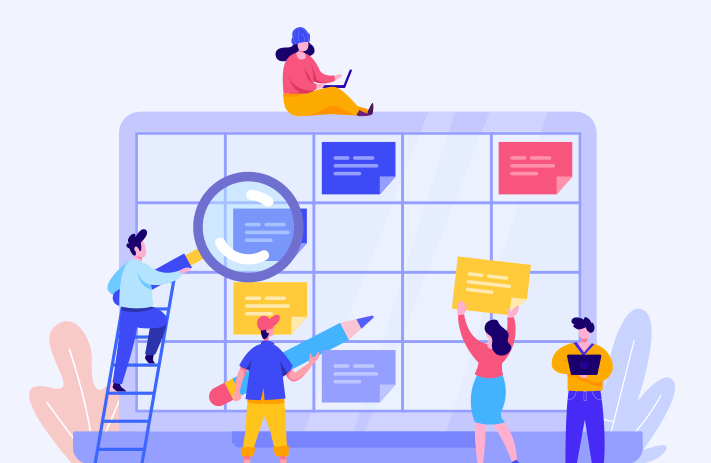
Click the button to start reading
Lessons from The Lean Startup By Eric Ries: Chapter 3
Chapter 3 of Eric Ries’ The Lean Startup dives deep into the concept of validated learning, the cornerstone of successful startups.
In a world where entrepreneurs are often tempted to measure progress through vanity metrics or “success theater,” Ries proposes a more substantial approach: validated learning, backed by real customer feedback and data.
Unlike traditional methods of progress measurement, validated learning focuses on uncovering what customers truly need, rather than what entrepreneurs assume they want.
This process not only prevents wasted time and effort but ensures startups create value that resonates with their audience. Validated learning provides a way for startups to empirically prove what works.
It offers a pathway to measure progress with tangible metrics
rather than assumptions.
Startups can test their strategies, adjust their approaches, and build businesses that are not just innovative but sustainable in the long term.

IMVU’s Journey: Missteps and Pivots
A compelling case study presented in Chapter 3 is the story of IMVU, a startup that initially built an add-on for instant messaging platforms.
The team’s assumption was that customers would want enhanced interoperability with their existing IM networks. This assumption turned out to be fundamentally flawed.
Early user feedback revealed that customers were not interested in integrating with their existing platforms. Instead, they wanted a stand-alone network where they could make new connections.
This insight required a complete pivot, forcing the team to abandon months of work and adapt to their customers’ actual desires.
The pivot marked a significant turning point. It wasn’t just about changing the product but about embracing a mindset of humility and discovery.
The team learned that listening to customers—and adapting to their needs—was the only way forward.
IMVU’s journey showcases the importance of flexibility in entrepreneurship and how pivoting, though difficult, can lead to profound growth.

Eliminating Waste in Startups
The IMVU case highlights the critical need for startups to minimize waste. Ries explains that waste occurs when resources are spent on features, tools, or ideas that do not directly contribute to learning or customer value.
In IMVU’s case, the team built interoperability with multiple IM
networks—an effort that proved unnecessary once they realized the product’s core value lay elsewhere.
By treating every aspect of a business as an experiment and focusing on rapid iterations, startups can reduce wasted effort.
For instance, instead of building unnecessary features, the IMVU team could have tested their assumptions with simpler experiments, saving time and resources while still gaining critical insights.
Waste isn’t always obvious. It often hides in ambitious projects or features that don’t align with customer needs.
To eliminate waste, startups must remain laser-focused on learning what works. They should ask: “Does this activity help us understand our customers better?” If the answer is no, it’s time to rethink the approach.

The Audacity of Zero and the Power of Small Wins
One of the more profound takeaways from Chapter 3 is the idea of the “audacity of zero.”
Ries explains that having zero customers or revenue can sometimes be less daunting than having small, underwhelming numbers.
Zero invites imagination and potential, while small numbers often invite
doubt.
Despite these challenges, IMVU’s small wins proved instrumental in validating its pivot.
Each incremental improvement in customer metrics provided the evidence needed to sustain faith among stakeholders, showing the value of iterative, validated learning.
Small wins may not seem like much at first, but they build momentum.
For startups, these wins provide proof of concept and pave the way for
sustained growth.
Ries argues that these early successes should be celebrated as stepping stones rather than dismissed as insignificant.
For businesses using platforms like Teamly, this concept resonates. Whether managing teams or iterating on new ideas, focusing on measurable, incremental progress helps ensure long-term success.

The Lean Startup: A Scientific Approach to Business
Ries emphasizes that the Lean Startup model is not a collection of tactics but a principled approach to innovation.
By adopting the scientific method, startups can systematically test their hypotheses, ensuring each step contributes to a deeper understanding of their market and customers.
This approach transcends industries.
Whether applied to software development, clean tech, or even restaurants, the Lean Startup principles remain universally relevant. The key is to view every product, feature, and campaign as an experiment designed to achieve validated learning.
The Lean Startup framework is particularly valuable in today’s fast-changing markets. It empowers businesses to adapt quickly, respond to customer needs, and stay ahead of the competition.
By treating every initiative as an experiment, companies can navigate uncertainty with confidence.
Ready to dive deeper into these transformative ideas? Get your copy of Get your copy of The Lean Startup on Amazon today.
















